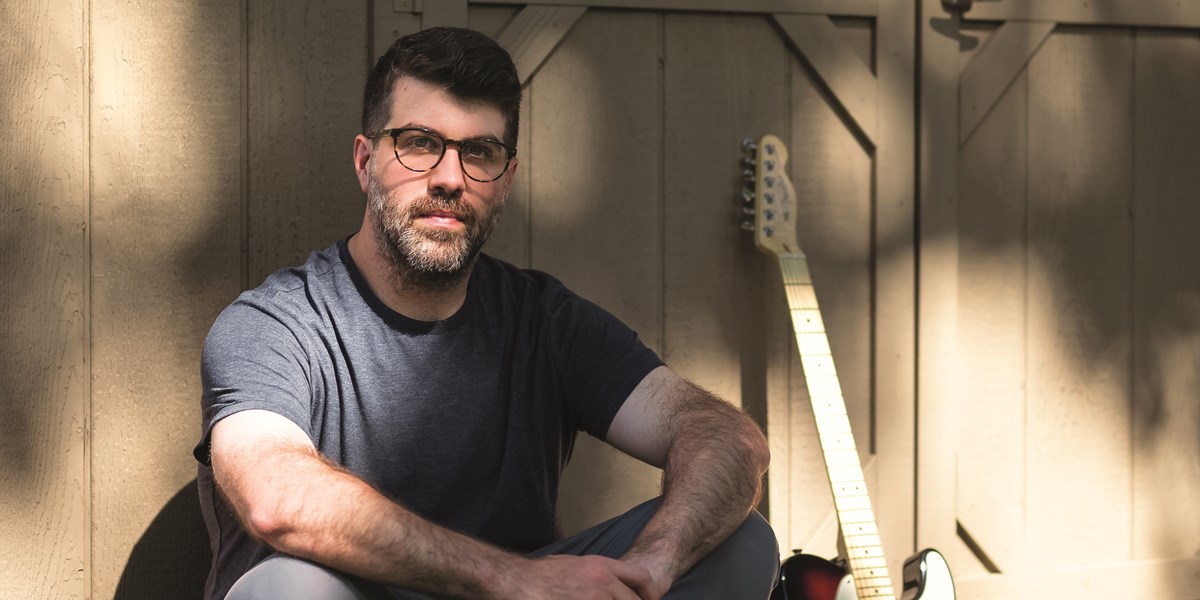Wednesday, July 9, 2025
Save the Waves
A new compilation has been launched in response to proposed cuts that could silence public broadcasting in the US

Mike Horn aka Seawind of Battery © Christopher Bruno

Register now to continue reading

Thanks for visiting the Songlines website, your guide to an extraordinary world of music and culture. Sign up for a free account now to enjoy:
- Free access to 2 subscriber-only articles and album reviews every month
- Unlimited access to our news and awards pages
- Our regular email newsletters

